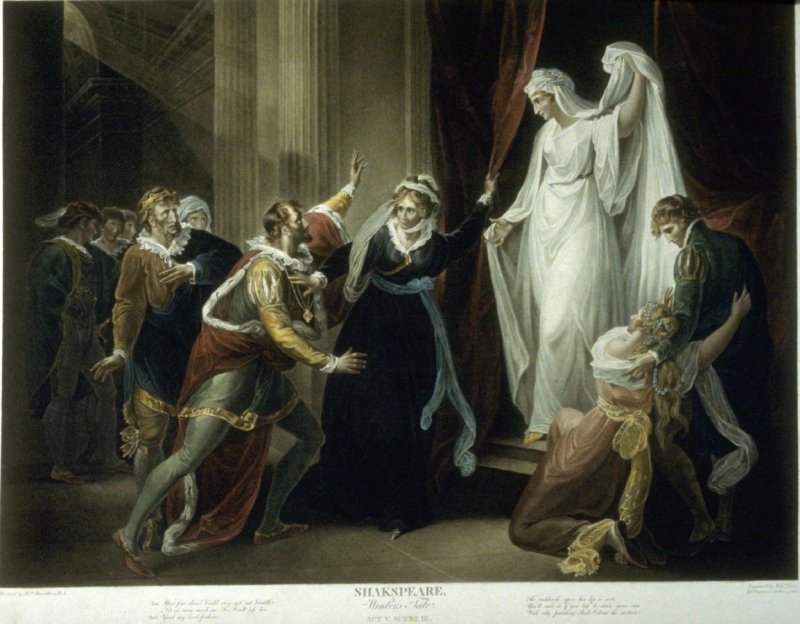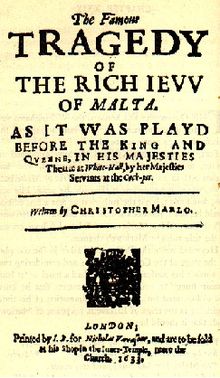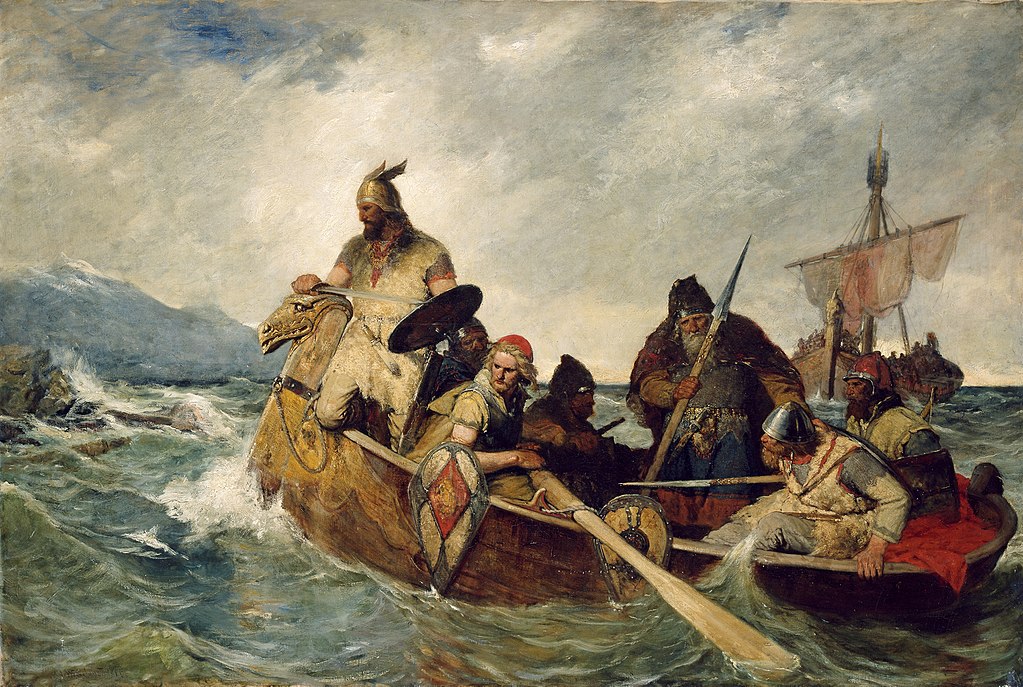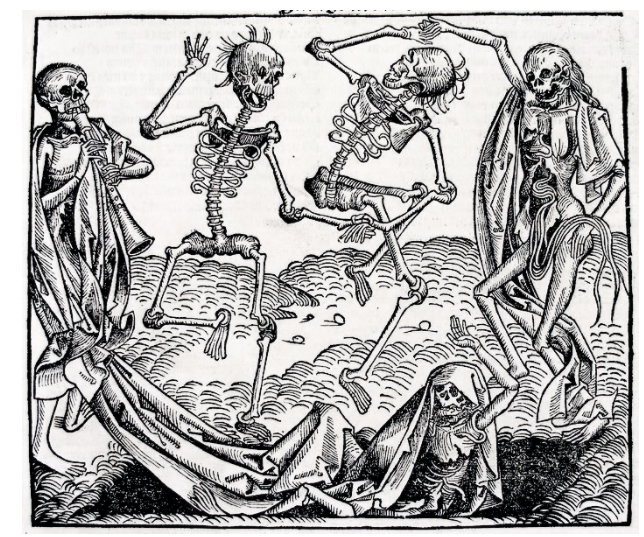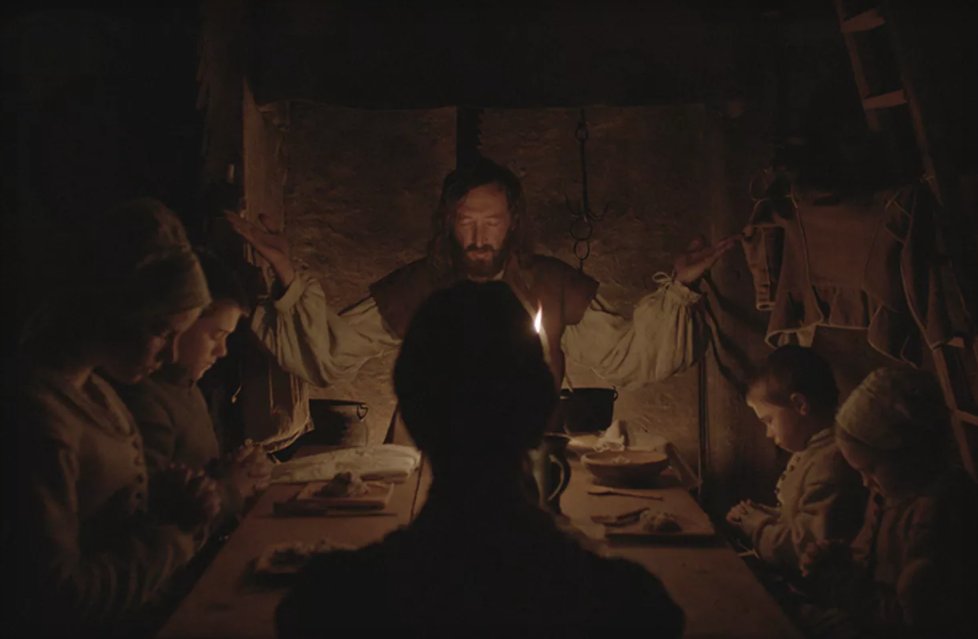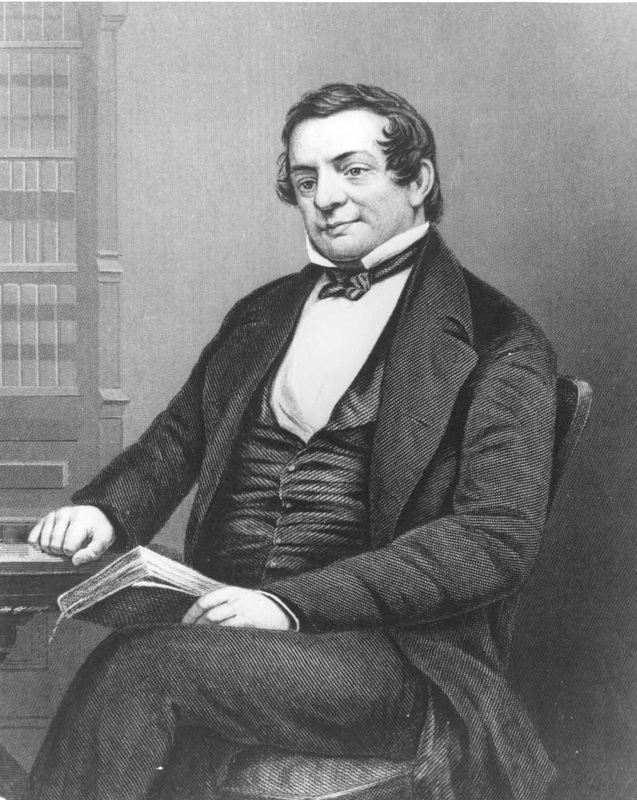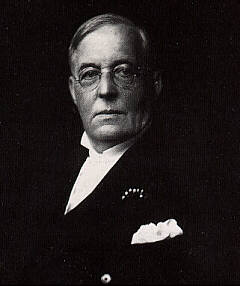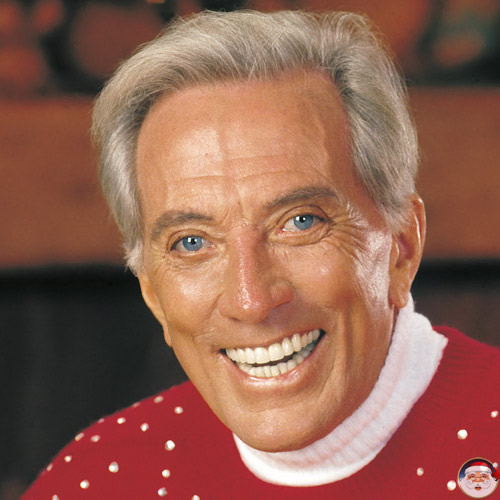So here’s a thing, at this time of year it’s perfectly understandable to feel somewhat ‘down’ at the end of Halloween (Especially this year amidst the chaos) But there’s a key reason not to feel down - which nowadays is criminally often overlooked.
(Start of thread)
(Start of thread)
The 31st isn’t the end of spooks, but heralds the season of Winter Stories!
What’s ‘Winter Stories’? Sit tight and I’ll tell you…
What’s ‘Winter Stories’? Sit tight and I’ll tell you…
So to people in the UK ghost stories always carried links to Christmas and Winter. Before Charles Dickens had written ‘ The Story Of The Goblins Who Stole A Sexton’ in the Pickwick Papers' ..and....
...before Shakespeare's 'The Winter's Tale' or
Christopher Marlowe's - The Jew of Malta (1589) in Marlowe mentions
‘old women’s words, Who in my wealth would tell me winter’s tales, And speak of spirits and ghosts that glide by night ‘
...we always had Winter Stories.
Christopher Marlowe's - The Jew of Malta (1589) in Marlowe mentions
‘old women’s words, Who in my wealth would tell me winter’s tales, And speak of spirits and ghosts that glide by night ‘
...we always had Winter Stories.
This harks back to the long, bleak winters our ancestors endured. Telling each other Winter Stories round the fire, entertaining each other with tales of supernatural horrors to help distract themselves from the reality of horrors such as potentially running out of food reserves
It’s rumoured these may have been brought by the Vikings from Scandinavia. With ancient stories such as ‘ The Saga of the People of Floi’ in which a group who feast over the Yule period are plucked off one by one by a ghost.
Later in the medieval period A Winter tale told of Snowball the tailor encountering the frightful apparition of a ghost in the form of a crow
Such tales would have been told every winter Oliver Cromwell banned Christmas in his puritanical fanaticism.
From then on these Winter stories seemed to fade or die out altogether, especially in America. Perhaps down to the puritan origins of the early settlers.
From then on these Winter stories seemed to fade or die out altogether, especially in America. Perhaps down to the puritan origins of the early settlers.
After the American Revolution, English customs understandably fell out of favour. Christmas wasn’t declared a federal holiday until June 26, 1870. So ghost stories were mostly put aside.
But then in 1819, Washington Irving gave mention in The Sketchbook of Geoffrey Crayon, about the celebration of Christmas in an English manor house. Which quoted
“When I returned to the drawing-room, I found the company seated around the fire, listening to the parson, who ... "
“When I returned to the drawing-room, I found the company seated around the fire, listening to the parson, who ... "
...was deeply ensconced in a high-backed oaken chair, the work of some cunning artificer of yore, which had been brought from the library for his particular accommodation. From this venerable piece of furniture, with which his shadowy figure and dark weazen face so admirably...
..accorded, he was dealing forth strange accounts of popular superstitions and legends of the surrounding country, with which he had become acquainted in the course of his antiquarian researches.”
Then on December 19, 1843, Charles Dickens released his international bestseller ‘A Christmas Carol’ - a variation on the framework of his story of the Sexton and goblins. The most famous of Christmas ghost stories.
He was followed by a flurry of other Victorian writers. But most notably in the Edwardian period when in 1904 M R James published his ‘Ghost Stories of an Antiquary’ a collection of now iconic ghost stories including ‘Oh Whistle and I'll Come To You’ shared with his friends.
Now with more and more ghost stories being shared over the Winter period, it’s important to remember that there’s no better time for ghost stories. As the night creeps further into day and the veil between the land the living grows ever thinner.
( On that note, if you want some Winter Stories this year can I shamelessly recommend this for your perusal ) https://bit.ly/334HHjU
( But most importantly, this should ensure that no more people ever bombard Twitter over the Christmas period asking over and over why Andy Williams is singing about ‘There’ll be scary ghost stories’ )
Never question Andy.
(End of thread)
Never question Andy.
(End of thread)

 Read on Twitter
Read on Twitter
